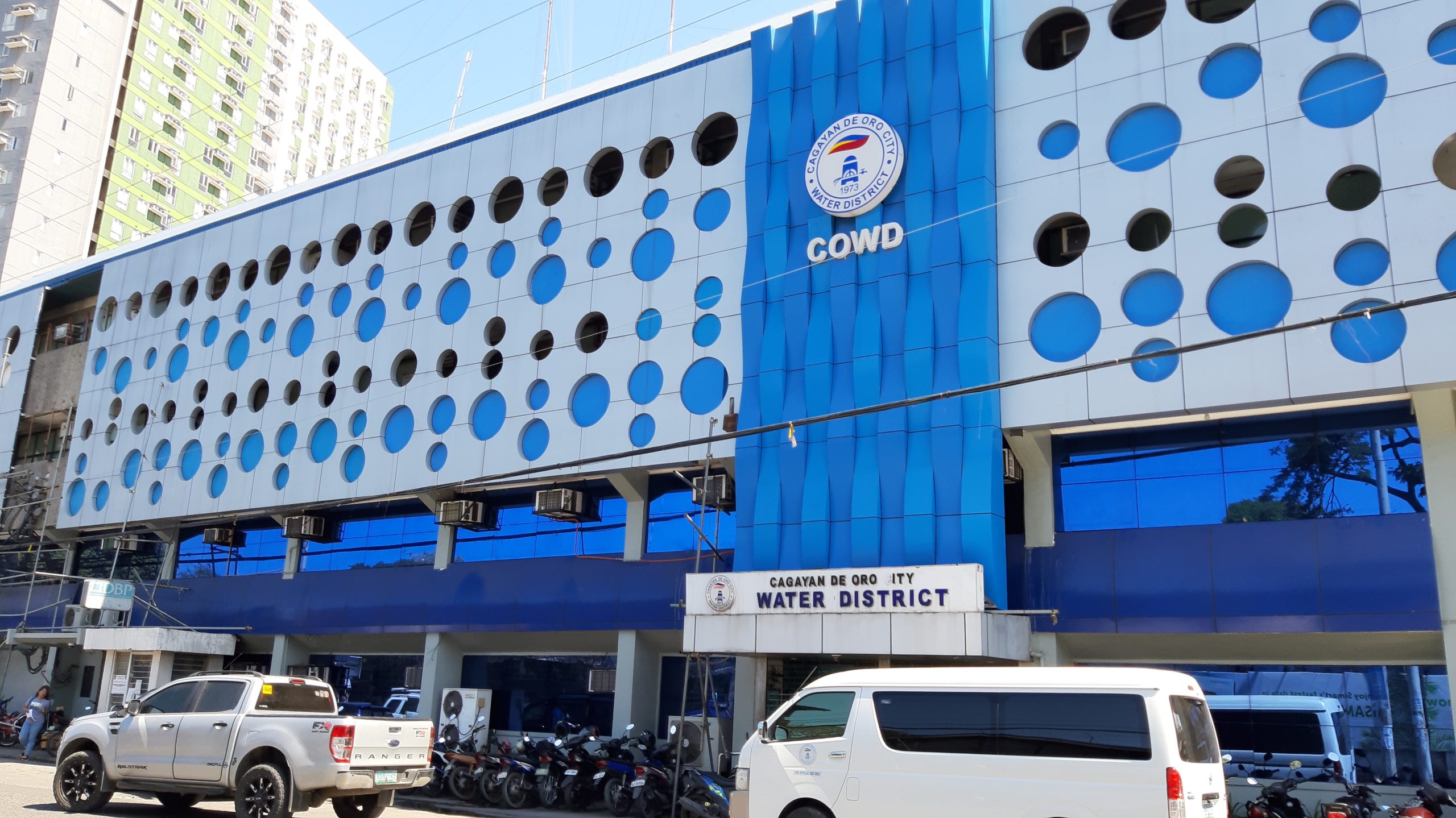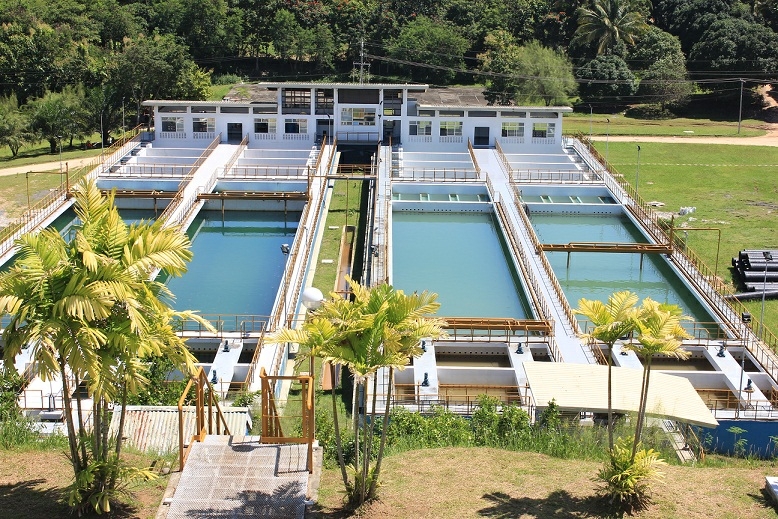By JIGGER J. JERUSALEM with LITO RULONA
Correspondents .
MISAMIS Oriental 2nd District Rep. Juliette Uy over the weekend urged authorities and entities that played a role in the shipments of wastes from Australia and China to immediately take concrete steps so that the various issues surrounding the trash from the Philippines’ neighboring countries that were sent here could be resolved.
The wastes that arrived from Australia at the Mindanao Container Terminal (MCT) sub-port in Tagoloan, Misamis Oriental on May 5 were allegedly intended to be used as incinerator fuel of cement manufacturer Holcim Philippines Inc.
Recently, a container van full of discarded electronic items from Hong Kong, China was red-flagged by the Bureau of Customs in Northern Mindanao (BOC-10), while 6,500 metric tons of plastic wastes from South Korea were confiscated in 2018, a portion of which was already shipped back to its point of origin early this year.
The nine container vans containing the trash from Australia were held by the Bureau of Customs in Northern Mindanao (BOC-10) after the agency determined that the importer has failed to properly declare the cargo as “processed engineered fuel” when it’s actually made up of shredded municipal wastes, said MCT sub-port collector John Simon.
In a statement released Saturday evening, Rep. Uy said, “I appeal to San Miguel Corporation, the new owner of cement maker Holcim Philippines to resolve this matter of the newly discovered ‘alleged waste materials’ or supposed alternative fuel intended for Holcim coming from Australia.”
Uy, a member of the trade and industry committee at the Lower House, has also urged the Department of Environment and Natural Resources (DENR) to issue new and strict regulations, jointly with the BOC, on the importation of any form of waste from any country in the world.
“The practice of other countries and companies overseas of sending their garbage to the Philippines is an insult to all Filipinos and an affront to our laws,” she said.
That the importation of garbage happened again at the port of Tagoloan means the people and illicit system which keep making it happen are still in place, the lawmaker said.
“The removal and prosecution of the conspirators embedded at the Tagoloan port and in Misamis Oriental must happen. For this I again ask the help of the [National Bureau of Investigation] and the [Department of Justice], so that proper criminal investigation of these importations is conducted immediately,” she added.
“As regards the just-reported imported trash from China, I am in the process of gathering more information,” Uy said.
“Canadian trash, South Korean trash, Australian trash, and now, Chinese trash. We need to prosecute those involved — Filipinos and Philippine companies responsible this illegal acts,” she said.
Uy called on the National Bureau of Investigation (NBI) and the Department of Justice (DOJ) to investigate.
“Justice Secretary Menardo Guevarra, please include this among your urgent priorities,” Uy said.
For its part, Greenpeace called the shipment of Australian trash as “unacceptable, reprehensible and deplorable.”
Abigail Aguilar, campaigner for Greenpeace Southeast Asia-Philippines said that Holcim’s excuse that the imported wastes would be used as an alternative fuel for its cement production should be further scrutinized.
“The use of waste-to-energy is illegal in the Philippines under the Clean Air Act and the Ecological Solid Waste Management Act. Waste-to-energy technologies harm our people and our environment, and further contribute to the destruction of our climate,” Aguilar said in a statement.
Meanwhile, Holcim Philippines has maintained that the materials are processed engineered fuel and these were accurately and truthfully declared as such.
“Acutely aware of the public outcry against the export of wastes to the Philippines and irresponsible and damaging waste disposal practices, Holcim Philippines’ importation and use of PEF as alternative fuel for its cement kilns is pursuant to its objective of contributing to the ongoing efforts to address the global waste problem,” the company said in a statement posted on its website.
The cement manufacturer said it uses co-processing technology, wherein qualified materials such as non-recyclable plastics, rubber, textiles, cardboard and wood are used as an alternative to coal in making cement through waste management unit “Geocycle.”
“Aside from providing a safe and environment-friendly waste management solution, co-processing is also an important part of Holcim Philippines’ efforts to reduce carbon emissions and consumption of non-renewable resources such as coal,” it said.
Disclaimer
Mindanao Gold Star Daily holds the copyrights of all articles and photos in perpetuity. Any unauthorized reproduction in any platform, electronic and hardcopy, shall be liable for copyright infringement under the Intellectual Property Rights Law of the Philippines.









